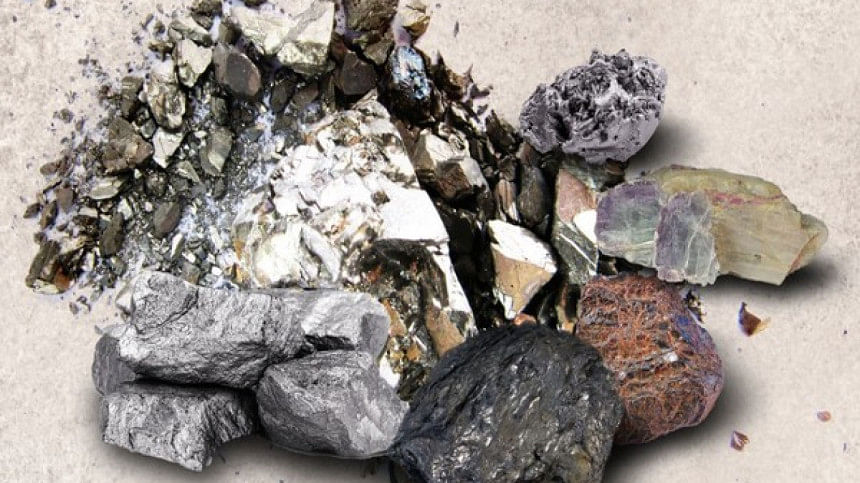India lists 30 critical minerals in clean energy push

India on Wednesday came out with a list of 30 "critical minerals" which will be key to the country's quest for low-carbon economy with cleaner technologies in defence, energy, agriculture, electronics, telecommunications, and transport.
The list named "Critical Minerals for India", a first for India, was made public by federal Minister of Coal, Mines, and Parliamentary Affairs Pralhad Joshi. It has been prepared by an expert team constituted by the Ministry of Mines, reports our New Delhi correspondent.
Joshi said it is for the first time India has identified a comprehensive list of critical minerals taking into account the requirements of sectors like defence, agriculture, energy, pharmaceutical, and telecom. The effort is part of India's roadmap for achieving self-reliance, the minister added.
During Prime Minister Narendra Modi's recent state visit to the United States, India joined the Mineral Security Partnership, a US-led initiative, to bolster critical mineral supply chains. India will join 12 other countries as well as the European Union.
Joshi said the Geological Survey of India (GSI) is now more focussed on exploration of critical and deep-seated minerals to provide further boost to the growth of the country's mining sector.
Speaking on the occasion, Ministry of Mines Secretary Vivek Bharadwaj said international commitments towards reducing carbon emissions requires India to urgently revisit its mineral requirements for energy transition and net-zero commitments. India hopes to be a net-zero country emitting greenhouse gases that contribute to climate change.
The ministry will be revisiting the critical mineral list periodically, Joshi added.
India had earlier identified 12 strategic minerals, including lithium, a critical raw material for electric vehicle batteries. Lithium reserves were discovered earlier this year in the federally administered region of Jammu and Kashmir.
"We plan to bring out a policy framework for exploration, processing, use, and recycling of critical minerals," Joshi said.
India is one of the world's top greenhouse gas emitters and has been pursuing overseas pacts to secure key minerals in resource-rich countries like Australia, Argentina, and Chile.
An official statement said the list is designed to identify and prioritise minerals that are essential for various industrial sectors such as high-tech electronics, telecommunications, transport, and defence and will serve as a guiding framework for policy formulation, strategic planning, and investment decisions in the mining sector, it said.

 For all latest news, follow The Daily Star's Google News channel.
For all latest news, follow The Daily Star's Google News channel. 



Comments